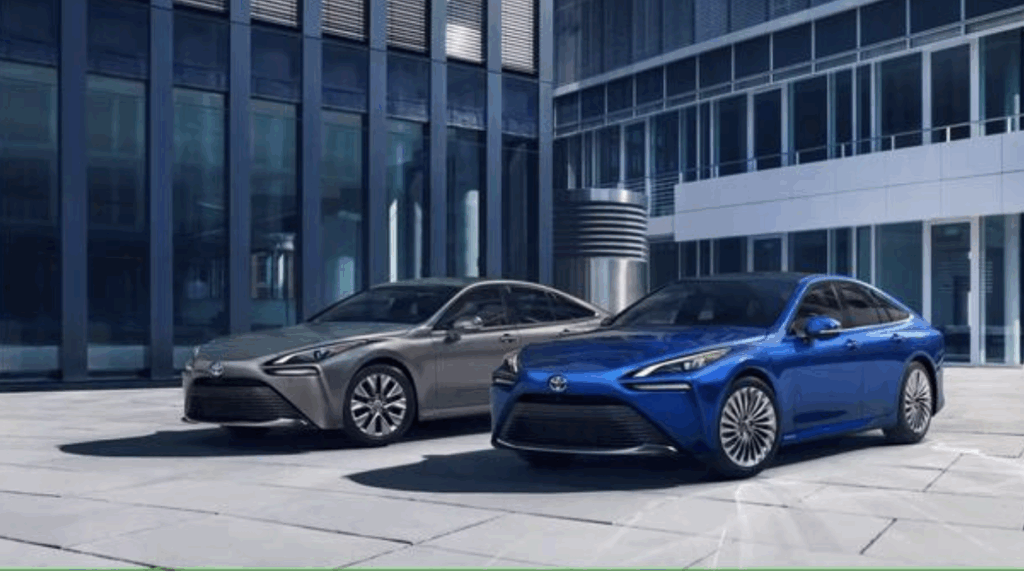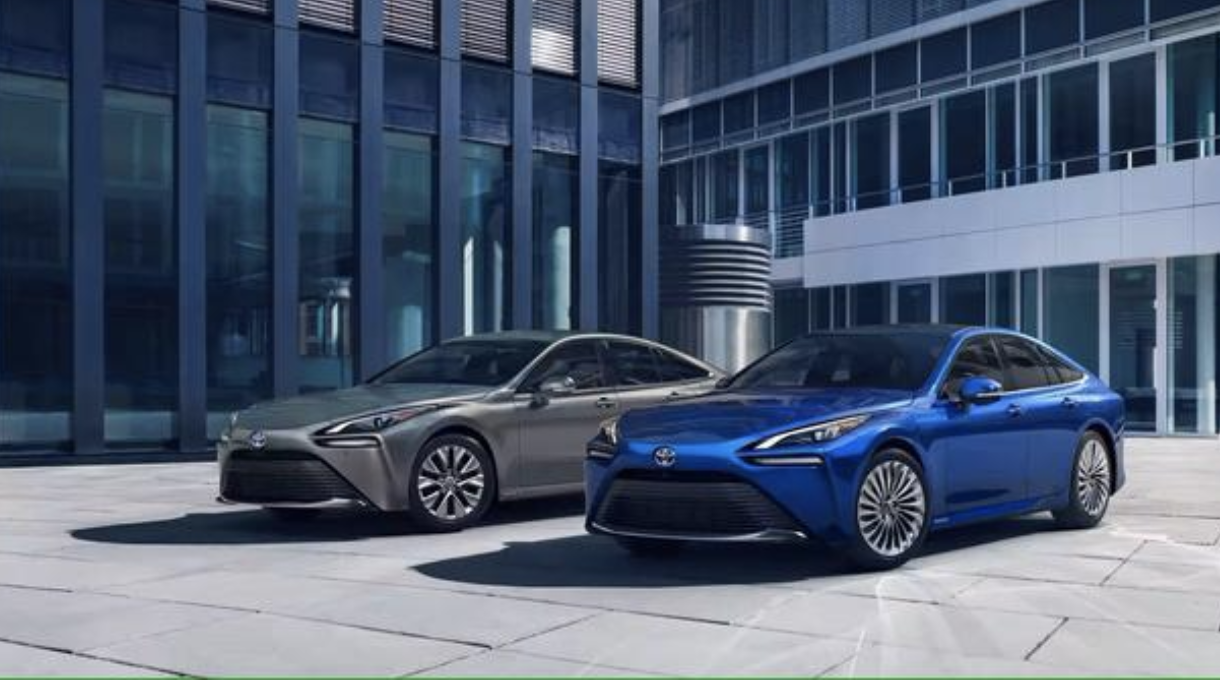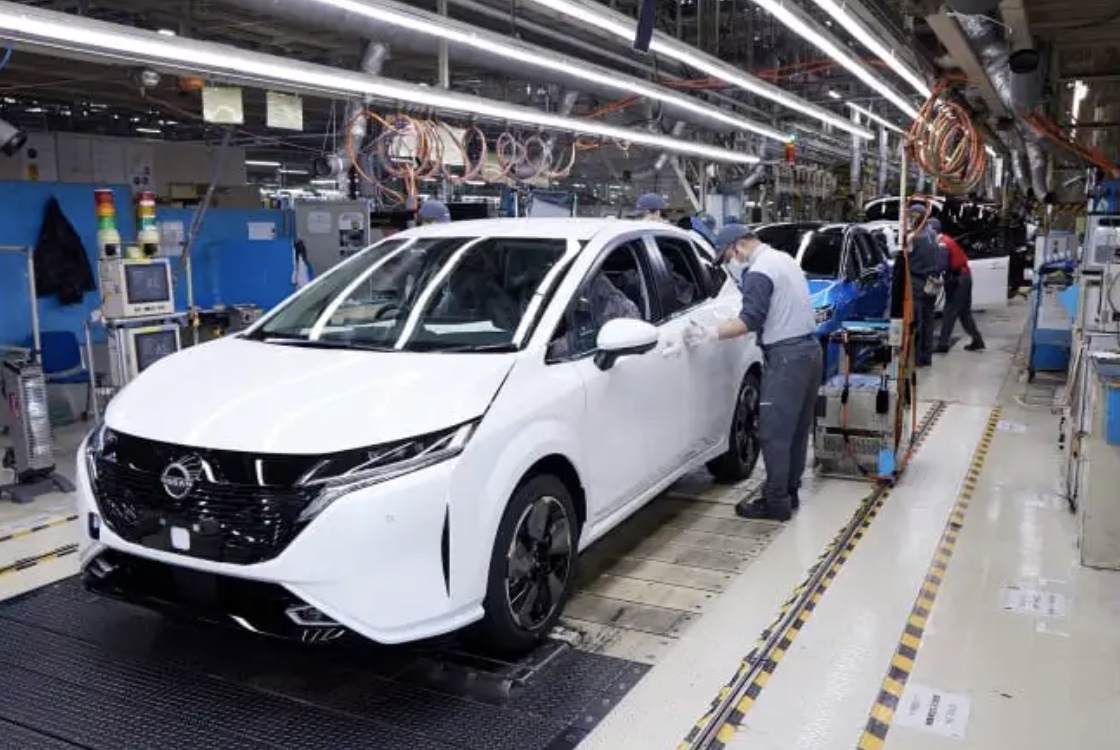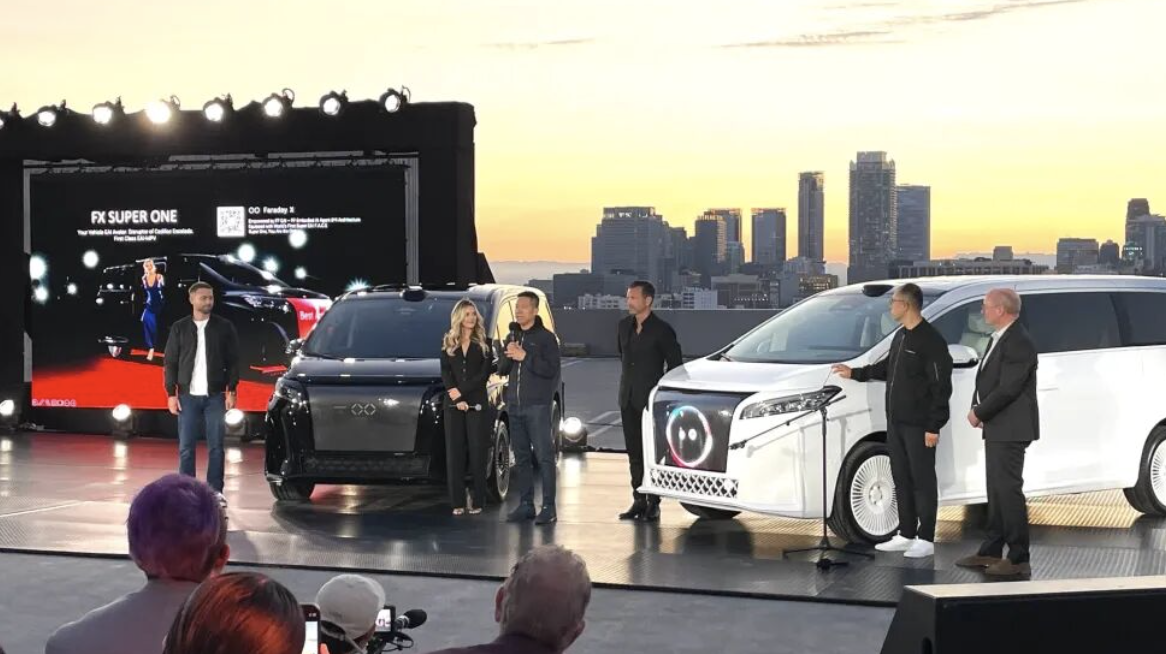Recently, according to information from the U.S. Federal Motor Vehicle Safety Standards agency, Toyota announced a recall of 393,838 vehicles in the U.S. due to a software error that may prevent the rearview camera from displaying the backup camera image when shifting into reverse. This issue could reduce the driver’s visibility, posing a safety risk.

The recall affects certain 2022-2025 Tundra, Tundra Hybrid, and 2023-2025 Sequoia Hybrid models. Dealers will fix the affected vehicles by providing a free software upgrade.
In fact, this issue with the rearview camera or backup camera image failing to display has led Toyota to initiate several recalls in the past. In February last year, Toyota recalled 18,616 vehicles, including the 2023 Mirai and Lexus LS500 models, due to a potential issue where the rearview camera image may not be displayed. In June of the same year, Toyota announced another recall of 4,869 vehicles in the U.S. due to manufacturing issues that could cause the rearview camera image to display incorrectly. This recall involved certain 2018-2024 models of Corolla and RAV4 Prime.
Apart from the U.S. market, Toyota also initiated a recall in China last June. The recall was due to poor welding at the joint of the front and rear cameras and the rearview camera shell in the panoramic monitoring system, leading to inadequate waterproofing. This issue could allow rainwater or other external substances to enter the camera, or cause electrical malfunctions that could prevent the rearview camera from functioning properly, increasing the risk of collision. Toyota recalled 53,082 vehicles in China, including certain imported Lexus RX, NX, UX, LS, ES, and RZ models, as well as some imported Toyota Crown SportCross models, produced between November 7, 2022, and September 8, 2023. Additionally, some bZ4X models produced between November 21, 2022, and August 22, 2023, were also part of the recall.
It is worth mentioning that, in addition to Toyota’s recall in the U.S. due to the backup camera issue, Tesla also announced a recall of 260 2026 Model Y vehicles in the U.S. due to a defect in the vehicle’s wiring harness, which could cause the reverse lights to fail to illuminate when shifting into reverse, posing a safety hazard. Tesla will provide free inspections and repair services for the recalled vehicles and will replace the reverse light components and wiring harness if necessary.
Car recalls are not uncommon in the automotive industry. Recalls are an important measure taken by manufacturers to address safety hazards in vehicles, reflecting the companies’ responsible attitude. For consumers, recalls help eliminate potential safety risks, thus enhancing driving safety. However, large-scale recalls can also negatively impact the reputation of the automakers.



